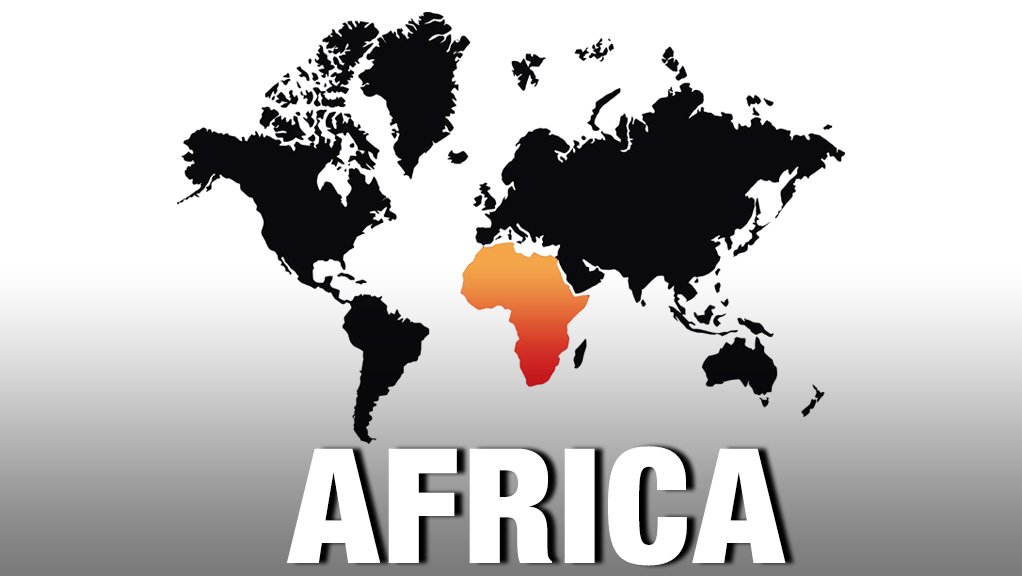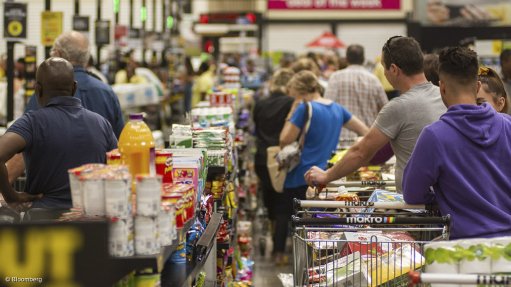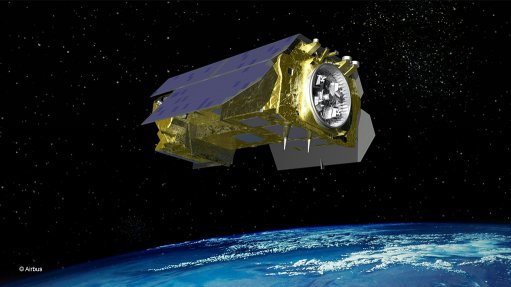Political uncertainty, conflict key inhibitor to FDI inflow
Armed conflict, political uncertainty and security threats were the largest deterrents to foreign direct investment (FDI) inflows in Africa, regardless of the quality of a country’s geological base, new analysis by advisory firm KPMG has shown.
In the five-year period to 2014, total FDI inflows to Africa increased by 20%, with the bulk landing on the shores of Southern Africa, followed by Central and East Africa, KPMG’s ‘What influences investment into Africa?’ report showed.
Political instability, leading to terrorism and internal security issues, exacerbated by policy uncertainties arising from continuously changing and adverse government policies, had placed FDI inflows to North and West Africa on a downward path since 2010.
“Corruption, poor infrastructure and onerous business conditions, in fact, do not scare off investors if the mineral, oil or gas resources are sufficiently attractive in the context of global demand – but . . . even tough miners stay away from politically instable regions,” KPMG South Africa deal advisory associate director Robbie Cheadle explained.
During 2014, FDI inflows to North Africa fell 15% to $11.5-billion, recovering slightly in 2015 as improving security in Egypt increased FDI inflows to $6.7-billion. Over a five-year period, FDI inflow into the region decreased 27% from $15.8-billion in 2010.
In West Africa, FDI inflow decreased 10% to $12.8-billion in 2014; however, foreign investment ticked up 6% over the five-year period under review.
Central Africa attracted a 33% hike in FDI inflows in 2014 to $12.1-billion, with the inflows surging some 45% from $8.3-billion in 2010.
While FDI inflows to Southern African declined 2% to $10.8-billion in 2014 – mostly owing to reduced FDI inflows into South Africa on the back of protracted industrial action, weak gross domestic product growth rates and electricity shortages and a weak commodity and oil price environment in Mozambique – it represented a 209% jump from the $3.5-billion recorded in 2010.
Over the five-year period, FDI into East Africa increased 50% from $4.5-billion during 2010 to $6.8-billion in 2014. Year-on-year, this was an 11% increase in 2014.
“The lure of significant natural resources is always measured against the stability of local political and business environments, which are impacted by security factors, infrastructure and government policies,” Cheadle noted.
The report revealed that FDI to African countries with exceptional mineral or oil and gas resources continued in 2014 and 2015.
Cheadle indicated that this showed that, while corruption, poor infrastructure and onerous business conditions were considerations for potential investors into Africa, if the natural resources in a country were “sufficiently attractive”, investors would seek out solutions to overcome obstacles when starting and operating businesses in that particular country.
“The Republic of Congo, Nigeria and Mozambique all featured in the top five FDI inflow host countries in Africa in 2014, despite their low rankings in the 2015 Transparency International Corruption Perception Index and the 2015 World Bank Ease of Doing Business Survey,” he explained.
The Democratic Republic of Congo, Equatorial Guinea, Tanzania and Uganda, which were some of the countries with high-potential natural resources, but also challenging business environments, also received high levels of FDI inflows during 2014.
“While stable politics and security coupled to outstanding natural resources will always attract strong FDI inflows, subject to global demand, the report suggests that all African countries can increase their FDI inflows by looking to diversify their economies and by making it easier to do business in their countries.”
Well known factors in the local business environment that send investors elsewhere include poor infrastructure, corruption, onerous regulations, the taxation regime and laws that limit starting and operating a business.
“While African countries individually need to focus on improvements in these areas, Africa as a whole needs to focus on improving in the areas of economic liberalisation and regional integration,” Cheadle concluded.
Comments
Announcements
What's On
Subscribe to improve your user experience...
Option 1 (equivalent of R125 a month):
Receive a weekly copy of Creamer Media's Engineering News & Mining Weekly magazine
(print copy for those in South Africa and e-magazine for those outside of South Africa)
Receive daily email newsletters
Access to full search results
Access archive of magazine back copies
Access to Projects in Progress
Access to ONE Research Report of your choice in PDF format
Option 2 (equivalent of R375 a month):
All benefits from Option 1
PLUS
Access to Creamer Media's Research Channel Africa for ALL Research Reports, in PDF format, on various industrial and mining sectors
including Electricity; Water; Energy Transition; Hydrogen; Roads, Rail and Ports; Coal; Gold; Platinum; Battery Metals; etc.
Already a subscriber?
Forgotten your password?
Receive weekly copy of Creamer Media's Engineering News & Mining Weekly magazine (print copy for those in South Africa and e-magazine for those outside of South Africa)
➕
Recieve daily email newsletters
➕
Access to full search results
➕
Access archive of magazine back copies
➕
Access to Projects in Progress
➕
Access to ONE Research Report of your choice in PDF format
RESEARCH CHANNEL AFRICA
R4500 (equivalent of R375 a month)
SUBSCRIBEAll benefits from Option 1
➕
Access to Creamer Media's Research Channel Africa for ALL Research Reports on various industrial and mining sectors, in PDF format, including on:
Electricity
➕
Water
➕
Energy Transition
➕
Hydrogen
➕
Roads, Rail and Ports
➕
Coal
➕
Gold
➕
Platinum
➕
Battery Metals
➕
etc.
Receive all benefits from Option 1 or Option 2 delivered to numerous people at your company
➕
Multiple User names and Passwords for simultaneous log-ins
➕
Intranet integration access to all in your organisation





















